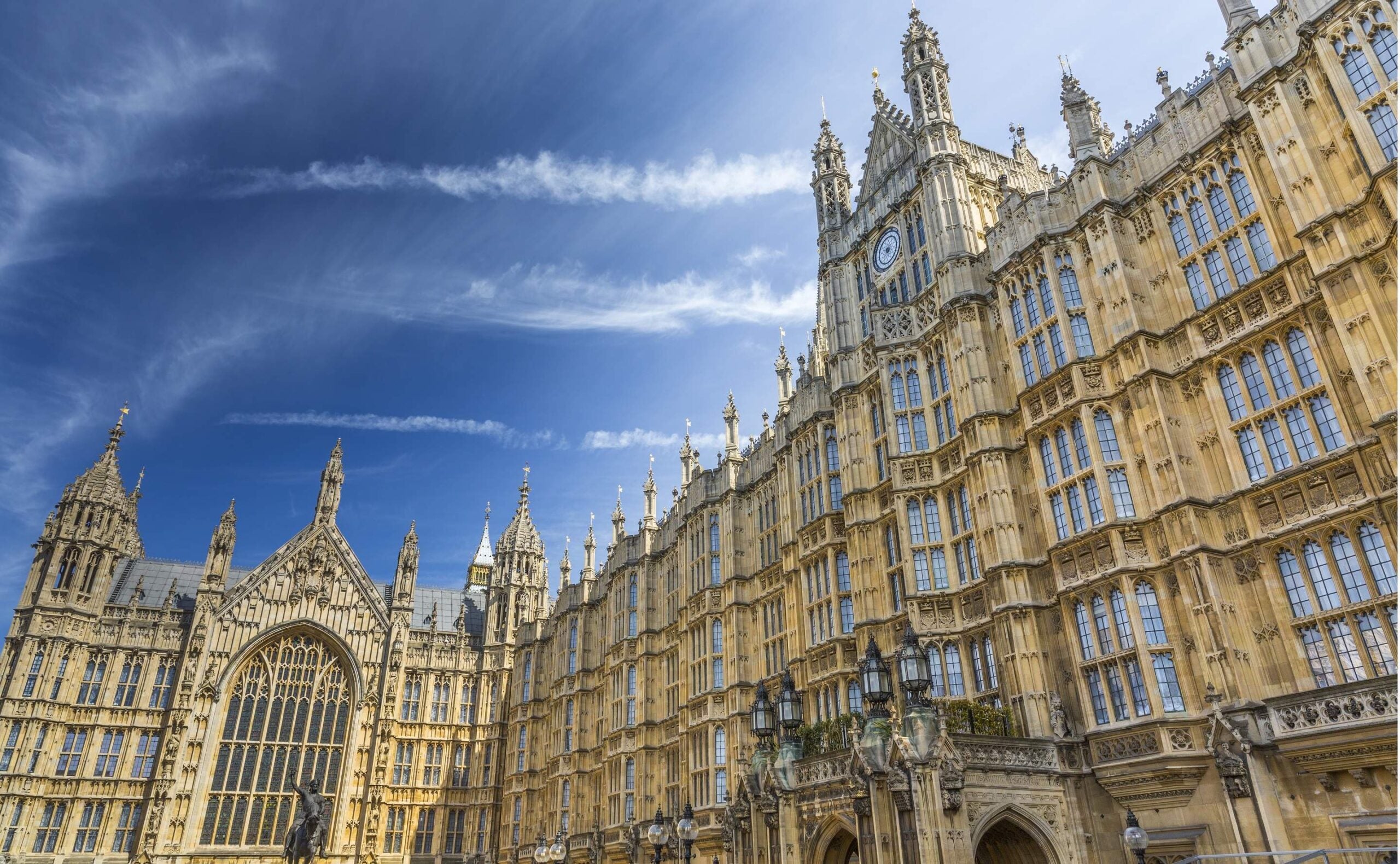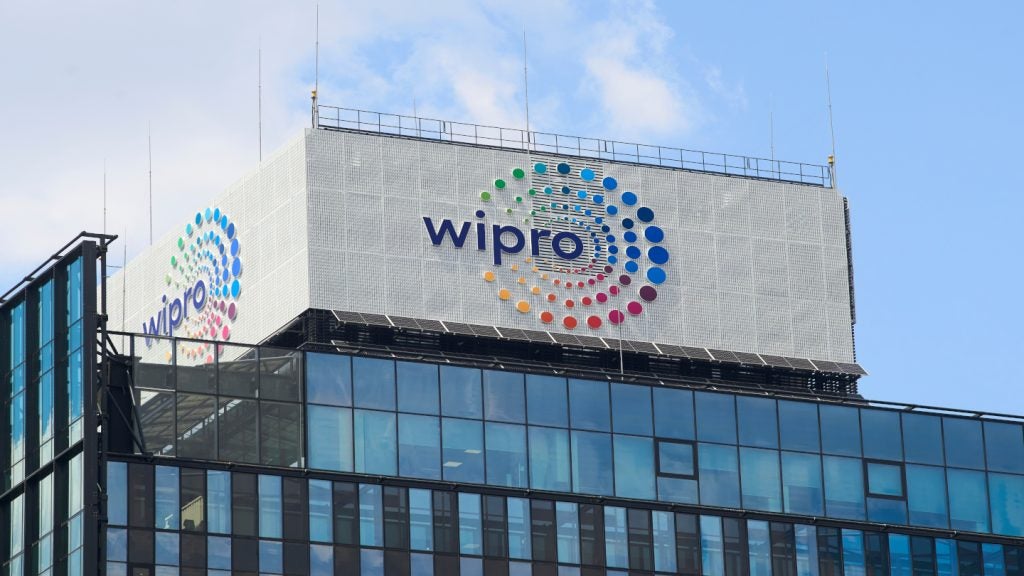
For the first time in 700 years, the Houses of Parliament is taking an “unprecedented step” by allowing MPs to take part in some parliamentary proceedings via Zoom.
Up to 120 MPs at any one time will be able to take part in a “virtual parliament” using the video conferencing platform, while 50 can remain in the House of Commons chamber, observing social distancing. They will be able to take part in Prime Minister’s Questions, and ask any urgent questions or make statements via video link.
MPs will need to approve these new measures when they return from Easter recess on 21 April. All Members are being encouraged to work remotely.
“By initiating a hybrid solution, with steps towards an entirely virtual Parliament, we are enabling Members to stay close to their communities, while continuing their important work scrutinising the Government,” said Speaker Sir Lindsay Hoyle.
“I do not want Members and House staff putting themselves at risk. By working virtually, this is our contribution to the guidance of stay home, protect the NHS and save lives.”
Security concerns surround virtual Parliament
Although video conferencing may be an important tool in “keeping democracy going” during lockdown, Zoom’s security has been called into question.
How well do you really know your competitors?
Access the most comprehensive Company Profiles on the market, powered by GlobalData. Save hours of research. Gain competitive edge.

Thank you!
Your download email will arrive shortly
Not ready to buy yet? Download a free sample
We are confident about the unique quality of our Company Profiles. However, we want you to make the most beneficial decision for your business, so we offer a free sample that you can download by submitting the below form
By GlobalDataAlthough Zoom has experienced a 535% rise in daily traffic over the past month, concerns have been raised over the platform’s security, with warnings of “Zoombombing”, or hackers joining calls after guessing Zoom Meeting IDs, Zoom’s data sharing practices, with reports that data was being sent to Facebook, and a lack of end-to-end encryption.
Earlier this week, cybersecurity firm Cyble revealed that 500,000 Zoom passwords were found for sale on the dark web. This does not mean that Zoom has been hacked, but is the result of users reusing passwords affected by previous breaches, with hackers “credential stuffing” to uncover Zoom credentials.
In India, government officials have been banned from using Zoom for official purposes. The UK government was criticised for its use of Zoom after a picture of a Zoom call showing the meeting ID was tweeting by prime minister Boris Johnson.
However, Zoom has now introduced new security measures to allow users to choose what region their data is routed through, and is working on a way to stop “Zoombombing”.
Jake Moore, cybersecurity specialist at ESET said it is essential that MPs follow security precautions when using the platform for the “virtual parliament”
“Each teleconference app has their little unique selling point, yet privacy may have been an afterthought, so it is strange to see the government to use Zoom in this way. Zoom have made some changes, albeit retrospective changes, which have come across to many as a little forced,” he said.
“That being said, no doubt the government will not be advertising the meeting ID as seen before. As long as they have adhered to security precautions such as a waiting room, then this will effectively act similarly to a live TV broadcast.
“Furthermore, starting tomorrow users will be able to customise which data centre regions their account will use for real-time meeting data in-transit which is useful. Account owners and admins will also be able to configure minimum meeting password requirements, bolstering security.”
Read more: Zoom unveils 90-day plan to rebuild reputation.







